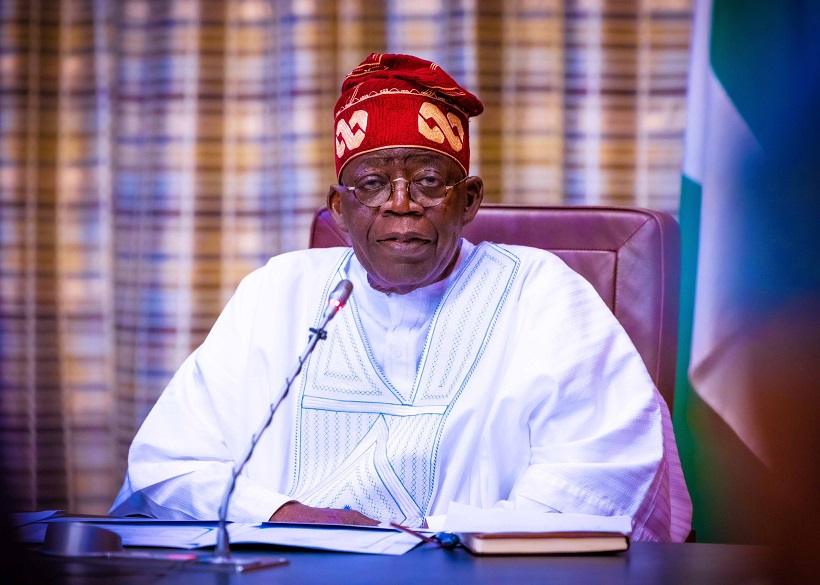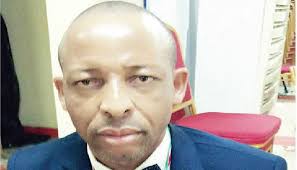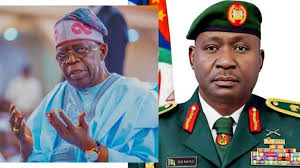
President Bola Tinubu has reaffirmed his administration’s unwavering commitment to strengthening international cooperation, combating terrorism, and advancing Nigeria’s economic transformation.
He made this declaration following an economic briefing by the Minister of Finance and Coordinating Minister of the Economy, Wale Edun, during Thursday’s Federal Executive Council meeting. Edun reported that the administration’s reform agenda continues to bolster investor confidence and yield significant economic gains.
President Tinubu acknowledged the enormity of Nigeria’s security and economic challenges but emphasized his government’s determination to deliver progress under the Renewed Hope Agenda.
“The task ahead is immense, but our resolve is unshaken. With unity and purpose, we will defeat terrorism and build a prosperous, inclusive, and resilient Nigeria,” he stated.
The President noted that the recent oversubscription of Nigeria’s Eurobond—despite political anxieties—reflects strong global confidence in the country’s economic fundamentals. “Even in the face of political headwinds, our international partners continue to engage with optimism and trust,” he said.
During his briefing, Edun expressed gratitude to the President and cabinet for their support during his recent illness.
He stressed that while ongoing reforms are demanding, they are essential to building a competitive economy capable of creating jobs and lifting millions out of poverty.
According to the minister, Nigeria’s GDP grew by 4.23 percent in Q2 2025—its strongest expansion in a decade outside the post-COVID-19 rebound. He revealed that 13 sectors recorded growth above seven percent, up from nine in the previous quarter, showcasing broad-based economic resilience.
Edun added that the industrial sector nearly doubled its growth rate, rising from 3.72 percent to 7.45 percent, signaling increasing productivity and renewed investor interest.
He also highlighted key economic milestones: inflation falling to 18 percent last December, foreign reserves surpassing $43 billion, and a trade surplus of ₦7.4 trillion—collectively strengthening Nigeria’s external buffers.
New consumer-spending data, he said, shows Nigerians now allocate about half of their income to basic needs, down from nearly 90 percent previously—an indication of improving living standards and productivity.
The minister described Nigeria’s removal from the FATF grey list as a major boost to investor confidence, adding that institutions such as the IMF and World Bank have acknowledged the country’s reform momentum through upgraded growth forecasts and improved credit ratings.
Edun pointed to Tuesday’s €2.35 billion Eurobond issuance—which drew over $13 billion in investor orders—as further evidence of robust global confidence in Nigeria’s economic trajectory and the President’s leadership.
He emphasized that to meet the administration’s goal of building a $1 trillion economy by 2030, Nigeria must mobilize greater domestic and foreign investment and sustain growth of at least seven percent annually by 2027.


